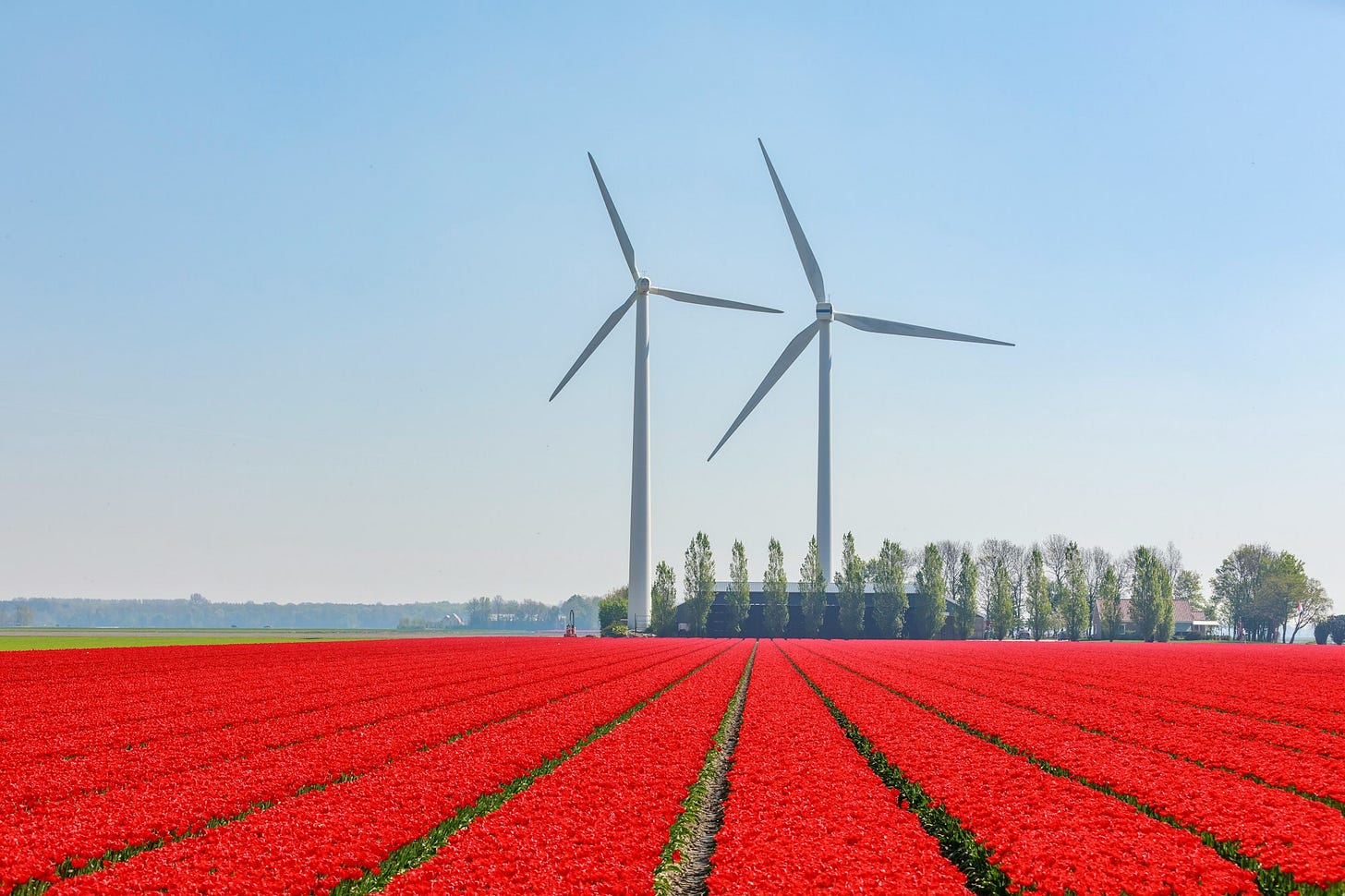Germany: Realpolitik Meets Reality
Berlin’s relationship with the Kremlin is changing. Sascha Müller-Kraenner, head of a Berlin based environmental advocacy organization and member of the German Green Party, thinks about some of the hard questions ahead.
American Purpose: Has the Ukraine attack marked a real turning point in German foreign policy? What changes are likely to stick, and what future debates are likely?
Sascha Müller-Kraenner: The Russian invasion has brought two points home to German policymakers: We must increase our investment in both defense and energy independence. In the past, Germany’s and Europe’s growing dependency on Russian gas, oil, and coal created a blind eye towards aggressive Russian behavior. Putin’s war against Ukraine has been a wake-up call. There is a sudden, broad consensus: We must invest in renewable energy and reduce the consumption of Russian gas—and gas generally.
AP: What’s the state of play in the economic and political debate?
SMK: There is a broad consensus that energy security and climate policy goals should be addressed together, mainly by massive investments in the European grid and renewable energies. There are different views within political parties and countries on the roles of coal and nuclear energy and whether we need additional liquified natural gas (LNG) capacity. Rising energy prices will put additional pressure on disadvantaged groups and energy-intensive industries. Member states and the European Commission are currently devising financial packages to address those needs.
AP: What’s the most sensible way to lessen energy dependence on Russia?
SMK: The International Energy Agency has just proposed a plan to reduce dependency on Russian gas by 30 percent within a year. This includes measures like energy efficiency and saving, compulsory gas storage during summer months, and a massive short-term program to replace gas boilers with heat pumps. There is current overcapacity in the European LNG market, but it is unclear whether current capacity is enough to replace all Russian gas if imports stop overnight. Building additional capacity is being discussed but will take another three to five years to create. The question is whether there will be a fossil fuel lock-in if the new gas installations cannot be retrofitted to use green hydrogen.
AP: Has energy dependence been accompanied by troublesome political influence? One hears about “Gazprom philanthropy.”
SMK: Gazprom has invested heavily in downstream energy infrastructure in Germany and other European economies—including investments in gas companies, storage sites, municipal utilities, and a broad range of philanthropic activities including sponsorship of football clubs and sports events, cultural activities, and local communities. There is even a foundation to support environmental projects, though it is now being dismantled. This activity bought the company a lot of goodwill, which helps explain why many politicians have been reluctant to criticize it.
AP: About China and energy: Does Xi Jinping have a strategy? And what does a transatlantic energy strategy look like?
SMK: Europe has announced that it will accelerate a shift from Russian gas to renewable energy and green hydrogen, risking a new dependency not on Russia but on China—which now controls many components of global photovoltaics, a leading 21st-century industry. China also dominates global markets for many rare metals and other materials needed for modern batteries, electric mobility, and electrolyzers that produce green hydrogen. China has been strategic about investing in mining, in manufacturing, and in the European solar industry sector. A serious transatlantic industrial policy should start now. We need to diversify supply chains and reduce such dependency.
AP: What about America’s post-Trump standing in Germany? Are attitudes shifting?
SMK: The Russian threat has refocused minds on the unique value of the transatlantic partnership. Europe can be defended only with a strong U.S. role in NATO, and industrial policy supporting the transition to carbon neutrality and energy independence will need transatlantic collaboration to reduce dependency on Russia and China. There is relief in Europe that the Ukraine crisis did not occur under the Trump administration, and there is strong concern that America might still turn its back on Europe under a future populist presidency.
Sascha Müller-Kraenner is the executive director of Deutsche Umwelthilfe, a leading German environmental and consumer advocacy organization. He has worked for two decades to prevent Russian influence over Europe’s energy policy.


